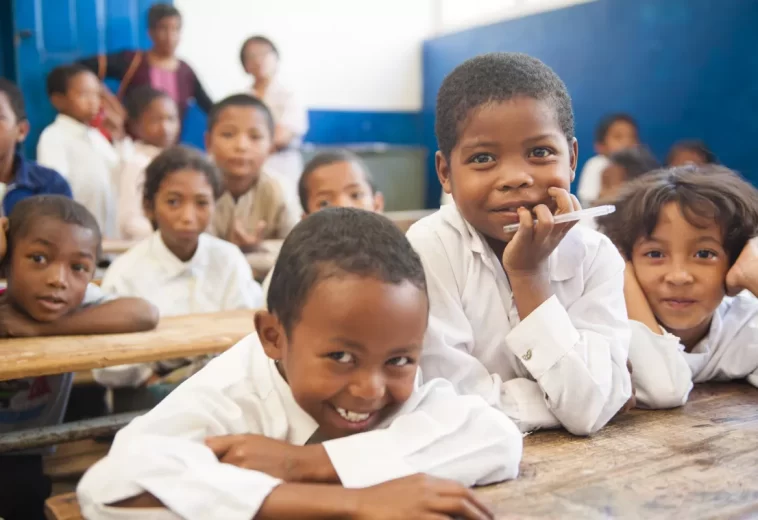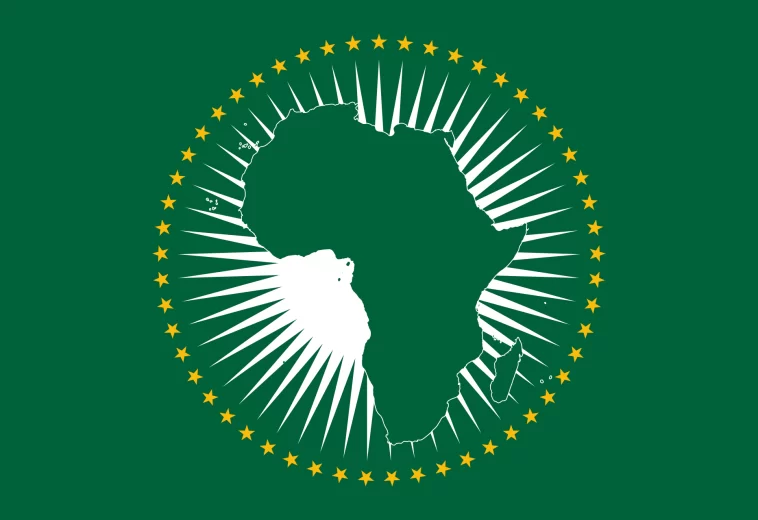Every year, on June 24th, the world celebrates the International Day for Women in Diplomacy, a powerful testament to women’s vital role in shaping global affairs. With the theme of this year, “Women’s Leadership in Multilateral Diplomacy” Africa, a continent teeming with talent and dedication, boasts exceptional female diplomats who have championed peace, development, and a more equitable international order, particularly within the intricate realm of multilateral diplomacy. As Amina J. Mohammed aptly stated, “Achieving sustainable development requires inclusive leadership. Women must be at the forefront of our efforts to create a better future for all.”
Multilateral diplomacy refers to the art of negotiation and cooperation between multiple countries and international organizations, a complex and crucial arena where decisions are made that impact the lives of millions. African women have consistently demonstrated exceptional leadership in this domain, bringing their unique perspectives and experiences to the table, fostering collaboration, and forging solutions to pressing global challenges.
The Champions of Change
Ellen Johnson Sirleaf
Ellen Johnson Sirleaf, the former President of Liberia, is a trailblazer in African diplomacy. Elected as Africa’s first female president in 2005, she played a crucial role in stabilizing Liberia post-civil war and promoting gender equality. Her leadership extended beyond national borders as she engaged in multilateral diplomacy, advocating for peace and women’s rights globally. She was awarded the Nobel Peace Prize in 2011 for her non-violent struggle for the safety of women and women’s rights to full participation in peace-building work.
Ngozi Okonjo-Iweala
Ngozi Okonjo-Iweala, Nigeria’s former Finance Minister, made history as the first woman and first African to become the Director-General of the World Trade Organization (WTO) in 2021. Her career at the World Bank and her role as Finance Minister were marked by significant economic reforms and debt relief efforts for Nigeria. At the WTO, Okonjo-Iweala has focused on making trade more inclusive and responsive to the needs of developing countries. She is also a strong advocate for gender equality and women’s economic empowerment, ensuring that global trade policies benefit women.
Amina J. Mohammed
Amina J. Mohammed, the Nigerian diplomat who currently serves as the Deputy Secretary-General of the United Nations, exemplifies African women’s leadership in multilateral diplomacy. Her efforts in promoting the Sustainable Development Goals (SDGs) and advocating for gender equality have had a global impact. Mohammed’s leadership highlights the critical role of African women in shaping international policies and advancing global development agendas.
Fatou Bensouda
Fatou Bensouda from The Gambia served as the Chief Prosecutor of the International Criminal Court (ICC) from 2012 to 2021. Her tenure was marked by a commitment to justice and accountability, particularly for victims of human rights violations. Bensouda’s work in the ICC underscores the importance of African women’s leadership in upholding international law and human rights within multilateral frameworks.
Binta Diop (Senegal)
A human rights and peacebuilding champion, Diop served as the first female African Union Special Representative to the Central African Republic. Her tireless efforts in mediating conflicts and promoting dialogue were instrumental in bringing stability to the region.
Liberata Mulamula (Tanzania)
The first woman to hold the position of Tanzanian Minister of Foreign Affairs and East African Cooperation, Mulamula championed regional integration and peacebuilding efforts within the East African Community (EAC).
Phumzile Mlambo-Ngcuka (South Africa)
A former Executive Director of UN Women, Mlambo-Ngcuka tirelessly advocated for gender equality and women’s empowerment on a global stage. Her leadership helped elevate the voices of women around the world and place gender issues at the forefront of the international agenda.
Nkosazana Dlamini-Zuma (South Africa)
The first woman to serve as the Chairperson of the African Union Commission (AUC), Dlamini-Zuma spearheaded efforts to promote peace and security on the continent. She played a key role in establishing the African Standby Force (ASF), a multinational force aimed at responding to regional crises.
Vera Songwe (Cameroon)
The current Executive Secretary of the United Nations Economic Commission for Africa (UNECA), Songwe is a leading voice on Africa’s economic development. She champions inclusive growth, regional integration, and leveraging technology to drive Africa’s sustainable development.
Monique Nsanzabaganwa (Burundi)
The first woman to serve as Deputy Chairperson of the African Union Commission, Nsanzabaganwa is a champion for human rights and women’s inclusion in peace processes. She has played a vital role in mediating conflicts and promoting dialogue across the continent.
Christine Nkuliye (Burundi)
As the first woman Permanent Representative of Burundi to the United Nations, Nkuliye advocates for the interests of developing countries and spearheads efforts to address global challenges like climate change and poverty.
Minata Samate Cessouma (Mali)
A veteran diplomat and former Malian Minister of Finance, Cessouma is a leading voice on Africa’s economic development. She has held key positions within the West African Economic and Monetary Union (WAEMU) and the African Development Bank (AfDB), advocating for financial inclusion and regional economic integration.
Fatima Haram Acyl (Chad)
The first Chadian woman to serve as Foreign Minister, Acyl is a strong advocate for peace and stability in the Sahel region. She has played a key role in regional diplomacy efforts aimed at countering terrorism and promoting development.
READ ALSO: Ethiopia’s Drive to Empower Women in Farming Communities
Ruby Sandhu (South Africa)
Recently served as the current South African Ambassador to the United Nations, Sandhu is a vocal advocate for multilateralism and global cooperation. She champions human rights, sustainable development, and finding peaceful solutions to international conflicts.
Helen Clark (New Zealand)
While not African-born, Clark’s significant contributions to African development through her role as Administrator of the United Nations Development Programme (UNDP) deserve recognition. She championed poverty reduction, good governance, and promoting sustainable development across the continent.
The International Day for Women in Diplomacy remains an immense reminder of the crucial role women play in international relations and diplomacy. African women, in particular, have made remarkable strides in multilateral diplomacy, advocating for peace, justice, gender equality, and sustainable development. By continuing to support and promote women’s leadership in diplomacy, we can build a more inclusive, equitable, and peaceful world.


